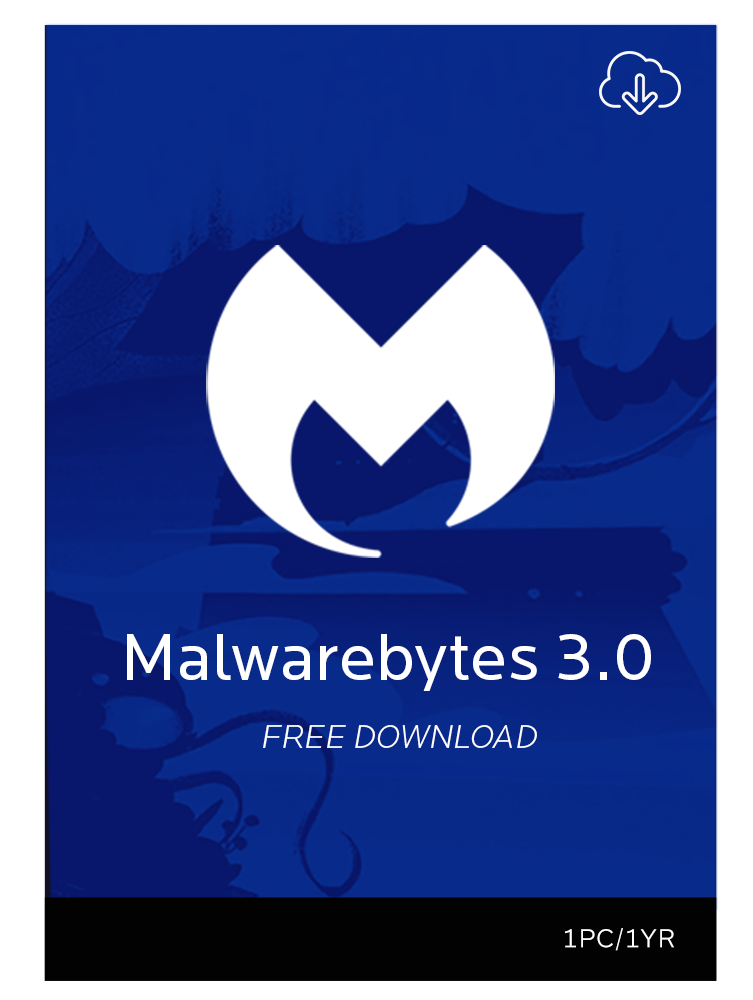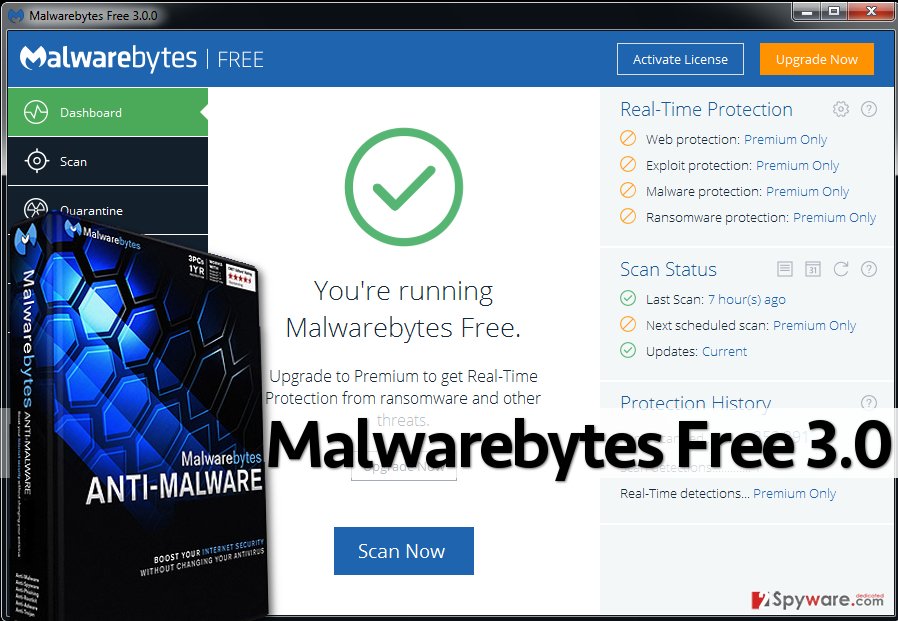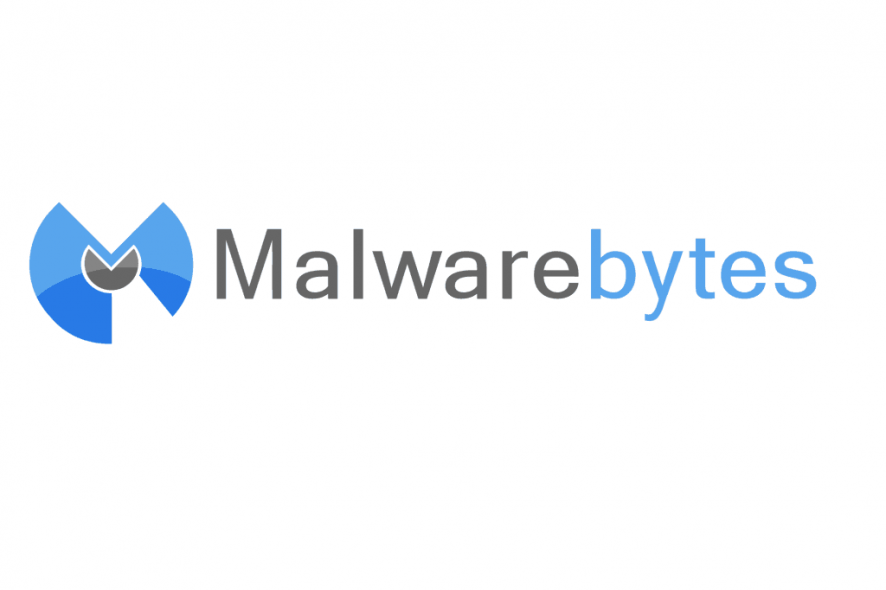

Does antivirus software work on public WiFi? Ransomware is a form of malware that blocks access to a system until a ransom is paid - essentially holding it hostage. The infection can stem from emails or text attachments, links on social media or streaming sites, pop-ups where you really thought you just X-ed out, or seemingly-safe internet downloads like a game or browser add-on. Malware can be as dully irritating as adware (pop-ups that don't go away) or as dangerous and invasive as webcam spying.Ī virus is a form of malware that self-replicates in different programs by using malicious code. Malware (short for malicious software) is an umbrella term covering any software intentionally to cause damage to a computer, server, network, or the user of any of these things.

What's the difference between a virus, malware, and ransomware? Though not as dangerous as a virus, they bombard your device with ads, and can go as far as to change your browser’s homepage and add spyware. That number is all but guaranteed to rise, with new threats like and FakeFileOpener.Īdware, or advertisement-supported software, is also a problem. A report from Malwarebytes found that Mac malware saw an increase of over 400% between 20. Mac's malware problem has not just caught up to, but outpaced the PC infection rate. They know that the population isn't paying attention. Hackers know that most Mac owners are under the impression that their laptops - or iPads, which have surged Mac OS's prevalence big-time - are invincible, and therefore might not bother to arm their Mac or iPad with any type of virus defence. Which means fewer targets for criminals, right? The chances of hackers deliberately going after Mac users are definitely in the minority, but not zero. Do Macs get computer viruses?Īpple's been the cooler, more progressive option for years, but fewer people own Macs than PCs. Here’s some useful information that will help you choose the right antivirus software for your Mac.

But buying tech is tricky, especially if you’re not used to the jargon.

If you’re an unprotected Mac user, it’s time to amend that. Antivirus software is still a worthwhile purchase. Apple's closed-loop system simply makes holes smaller, which means Mac systems are harder to infiltrate.īut that doesn't mean your Mac's security is invulnerable. Windows does tend to have more security vulnerabilities because, while Apple does everything in-house, Windows operates on hardware from a handful of manufacturers. Sure, Macs are generally more secure than PCs. It’s a bit of an outdated myth about Macs. You've probably heard that Macs don't need antivirus software, but whoever told you that was wrong.


 0 kommentar(er)
0 kommentar(er)
